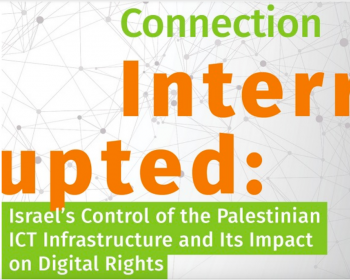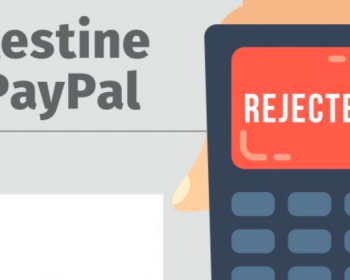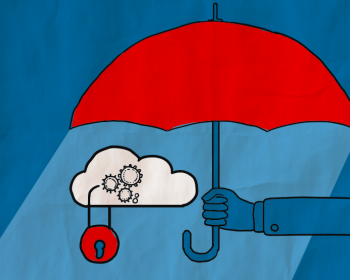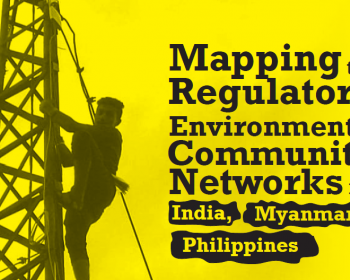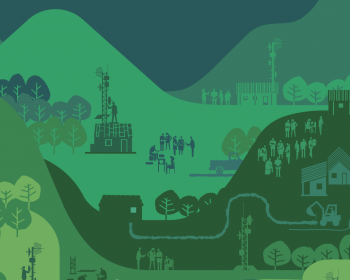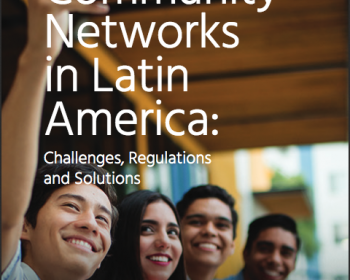Research
Launched in English and Arabic, this new report from 7amleh – The Arab Center for the Advancement of Social Media details the Israeli control over the Palestinian ICT infrastructure in the West Bank and Gaza and its impact on the digital rights of the Palestinian people.
This report highlights the different aspects of tech-related violence against women in Uganda, their implications and solutions proposed, with the aim of addressing this growing concern.
The report analyses the abstention of the online payment company PayPal and the impact of this stance on the Palestinian economy.
This report is a thematic exploration of tech-based, women-led startups, aiming to map the growing nature of women’s interventions in the tech-based business industry and the overall impact on other women in the workforce.
This research has been conducted to help different stakeholders understand how the corporate sector is currently responding to its data protection responsibilities in Pakistan.
7amleh – The Arab Center for the Development of Social Media and the Swedish Kvinna till Kvinna Foundation published a comprehensive research report on the phenomenon of gender-based violence in social networks and the internet, the first of its kind in Palestine and the region.
This research paper is an effort to look closely at the telecom policy, regulatory framework, spectrum policy, broadband definitions and innovative licensing processes that are affecting community networks in these three countries.
The 43 country reports and eight thematic reports in this year's GISWatch focus on community networks, defined as “communication networks built, owned, operated, and used by citizens in a participatory and open manner.”
FABRICS is an unpacking of artificial intelligence and an investigation of the regulatory challenges to AI and artificial decision making, in particular the “right to explanation” arising from the EU General Regulation on Data Protection (GDPR).
This study aims not only to highlight the potential of community networks for expanding connectivity, but also to define the regulatory elements that might optimise their development and analyse the regulatory experiences that have allowed removing obstacles to community networks in Latin America.

Association for Progressive Communications (APC) 2022
Unless otherwise stated, content on the APC website is licensed under Creative Commons Attribution 4.0 International (CC BY 4.0)



